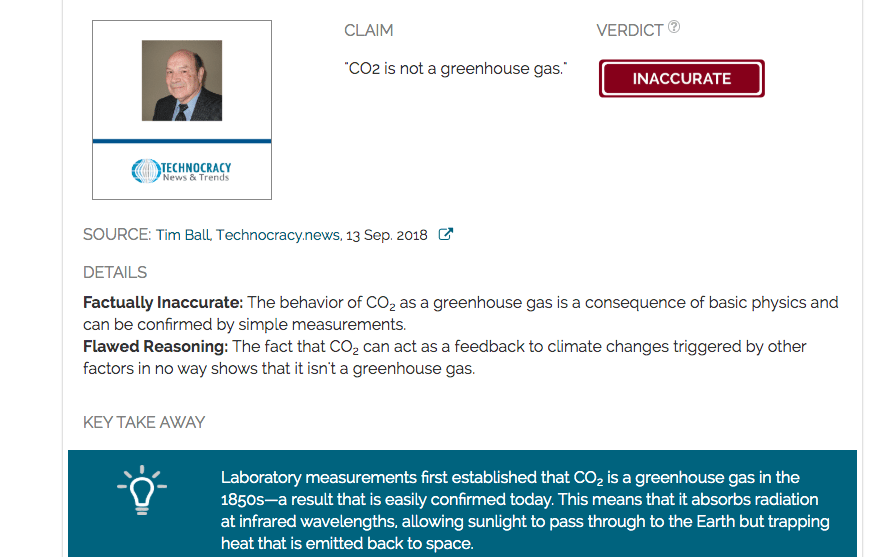
Simple measurements demonstrate that CO2 is a greenhouse gas contrary to claim in online blogs
Claim:
CO2 is not a greenhouse gas.
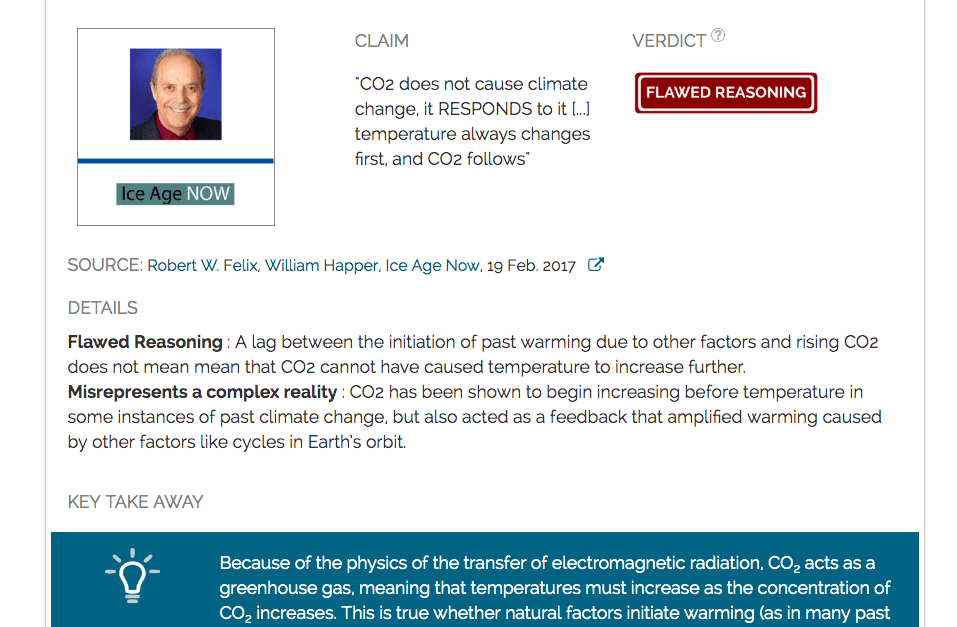
CO2 caused warming during past climate changes, notably as a feedback amplifying other factors
Claim:
CO2 does not cause climate change, it RESPONDS to it [...] temperature always changes first, and CO2 follows
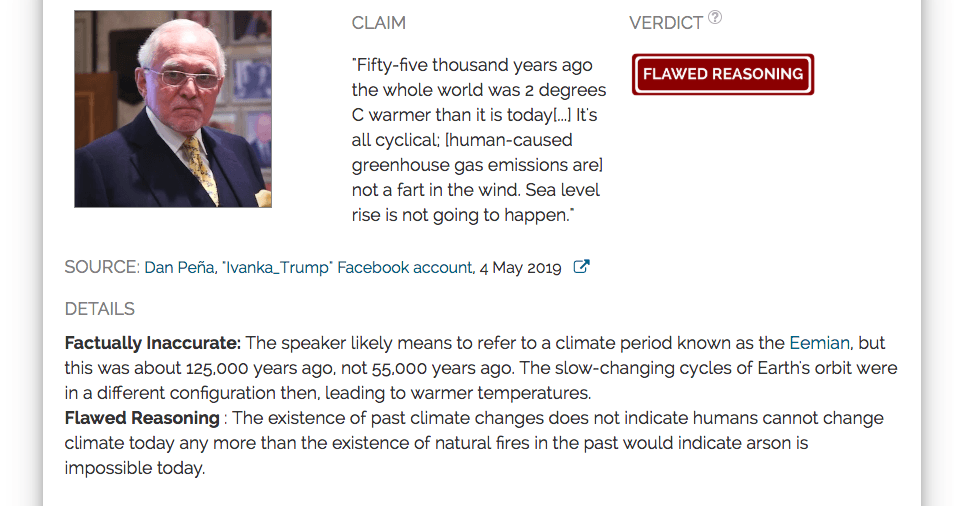
In popular video, Dan Peña falsely claims humans aren't causing climate change
Claim:
Fifty-five thousand years ago the whole world was 2°C warmer than it is today[...] It's all cyclical; [human-caused greenhouse gas emissions are] not a fart in the wind. Sea level rise is not going to happen.
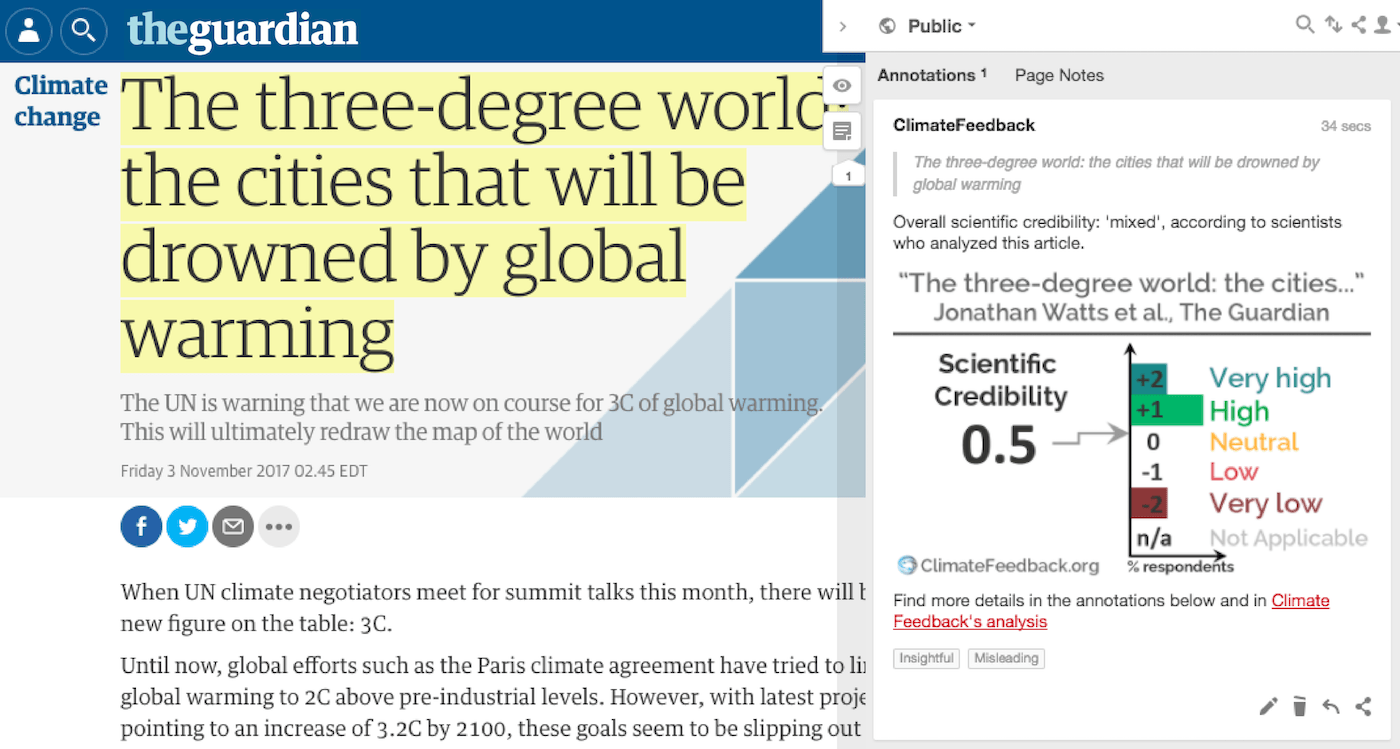
Guardian explores sea level rise impact on cities, but fails to make timescale clear
“This article provides an excellent visual of an unfortunately very likely general future for humanity, in which sea level rise slowly inundates many coastal cities … However, one major drawback of this article is that the magnitude and timescale of the sea level rises described in this report are not well explained.”
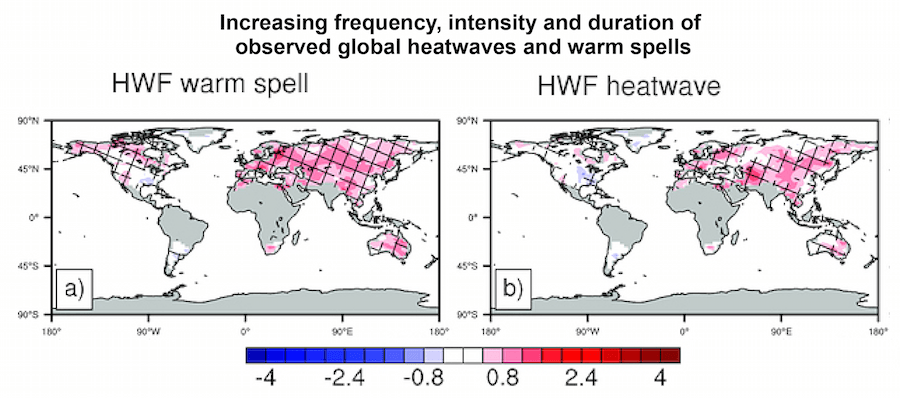
Some extreme weather events are clearly becoming more common, in contrast to Lord Lawson's claim
Claim:
The IPCC, the Intergovernmental Panel on Climate Change, which is sort of the voice of the consensus, concedes that there has been no increase in extreme weather events.
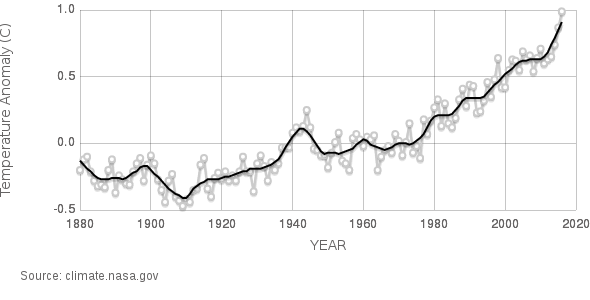
Lord Lawson falsely claims that global temperatures have declined over last decade
Claim:
according, again, to the official figures—during this past 10 years, if anything, mean global temperature, average world temperature, has slightly declined

Natural variability can not explain modern global warming, as Heartland Institute report claims
Claim:
Neither the rate nor the magnitude of the reported late twentieth century surface warming (1979–2000) lay outside normal natural variability.
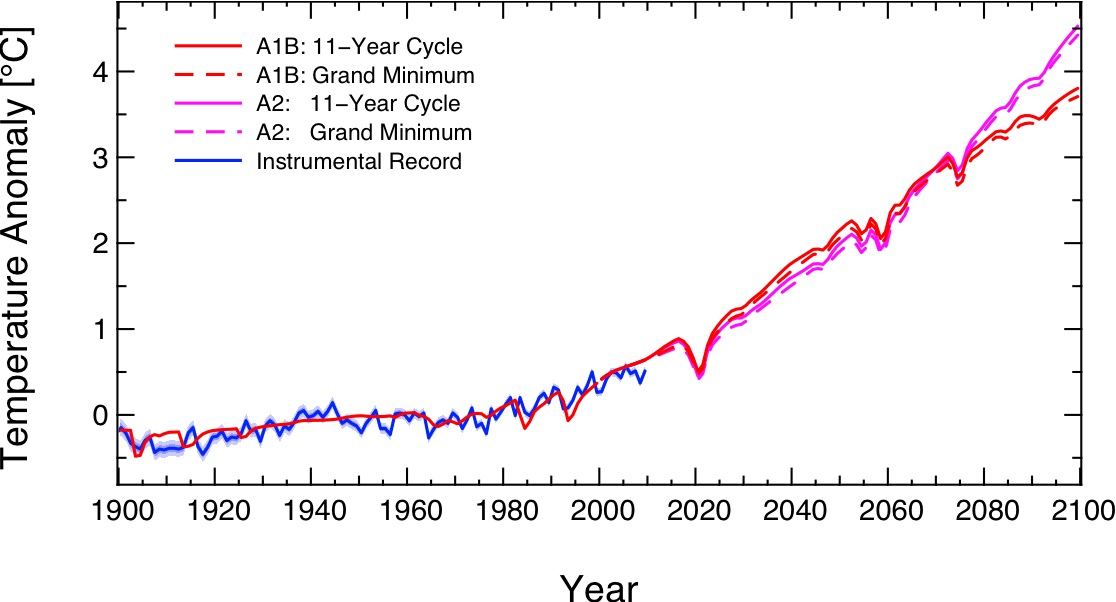
A lull in solar activity would have little effect on global temperatures; claims of “global cooling” are not based on science
Claim:
Forward projections of solar cyclicity imply the next few decades may be marked by global cooling rather than warming, despite continuing CO2 emissions.

CO2 is a greenhouse gas that caused warming during past climate changes, notably as a feedback amplifying other factors
Claim:
Increases in atmospheric CO2 followed increases in temperature. Therefore, CO2 levels could not have forced temperatures to rise.
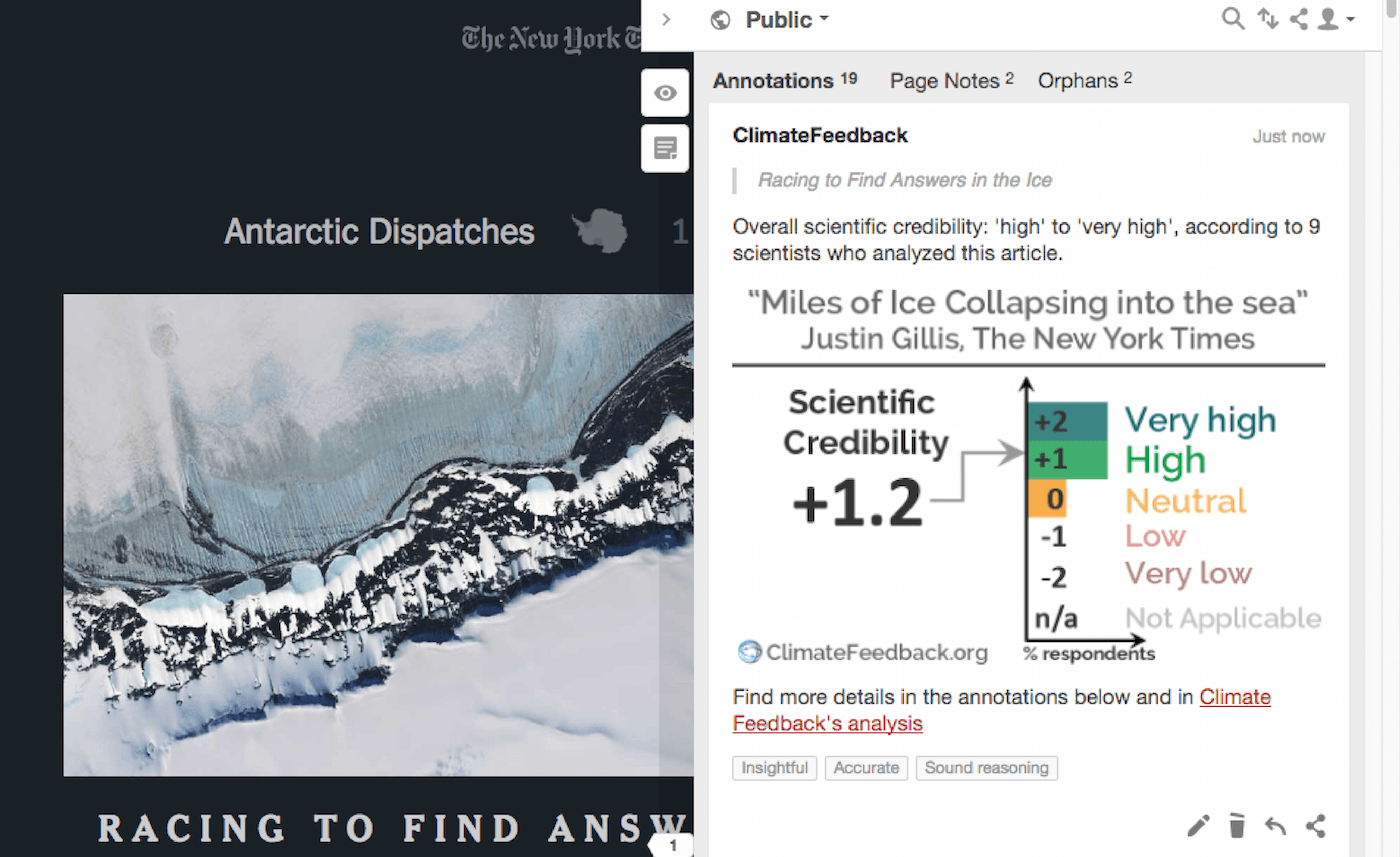
New York Times series accurately describes research on Antarctic ice sheets and sea level rise, but highlights uncertain studies
“Generally scientifically sound, but caution should be displayed before basing discussion solely on a single modeling study, especially when it incorporates fundamentally different processes relative to other contemporary models.”

Heartland Institute report incorrectly claims no evidence of human impacts in melting ice
Claim:
Melting of Arctic sea ice and polar icecaps is not occurring at ‘unnatural’ rates and does not constitute evidence of a human impact on the climate.
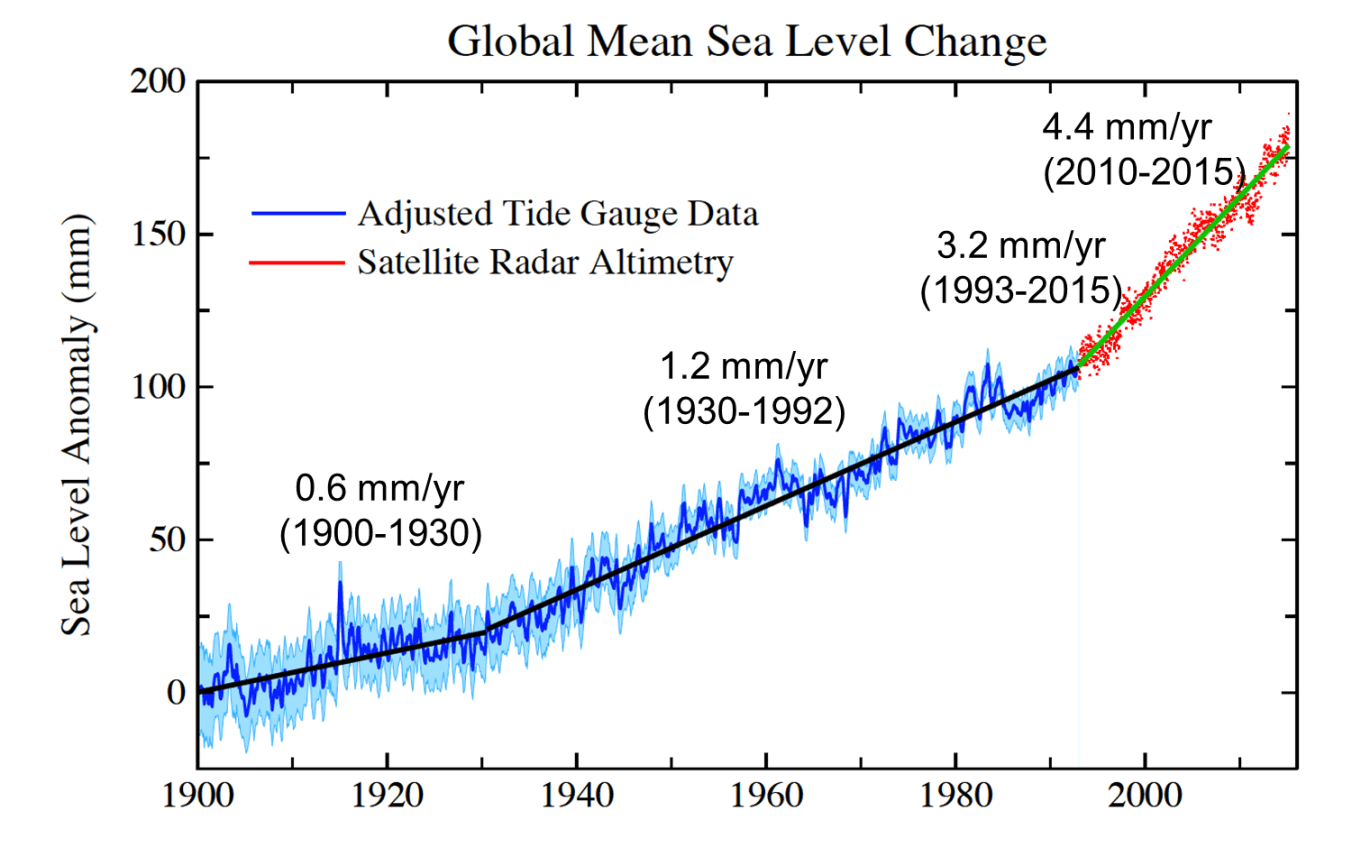
Global sea level rise is accelerating, despite Heartland Institute report’s claims otherwise
Claim:
Best available data show sea-level rise is not accelerating. Local and regional sea levels continue to exhibit typical natural variability—in some places rising and in others falling.

Climate sensitivity estimate given in Heartland Institute’s report is misleading
Claim:
Doubling the concentration of atmospheric CO2 from its pre-industrial level, in the absence of other forcings and feedbacks, would likely cause a warming of ~0.3°C to 1.1°C
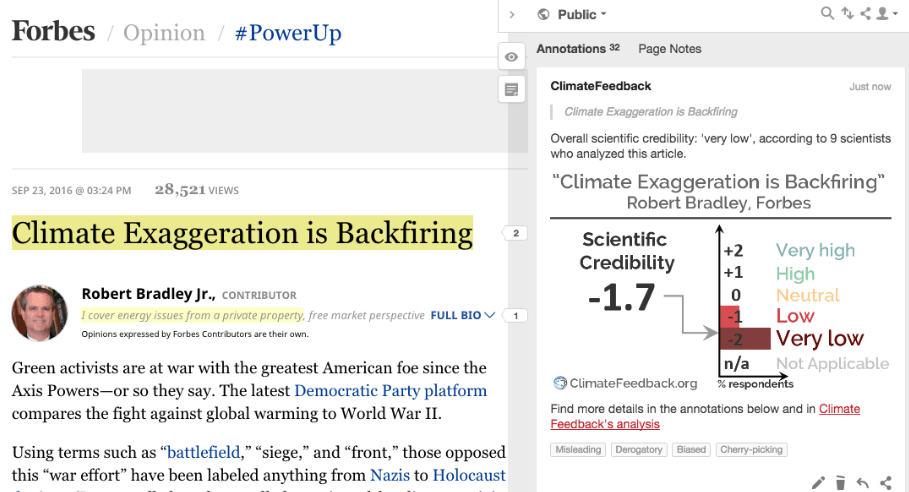
Analysis of "Climate Exaggeration is Backfiring"
“This picking of quotes that are convenient for Robert Bradley Jr.’s narrative while ignoring what most climate scientists say is one of the most used rhetorical tools of this piece. The other is the use of offensive emotional language to reduce the critical thinking of his readers. People should know that Forbes is nowadays just a blogging platform.”
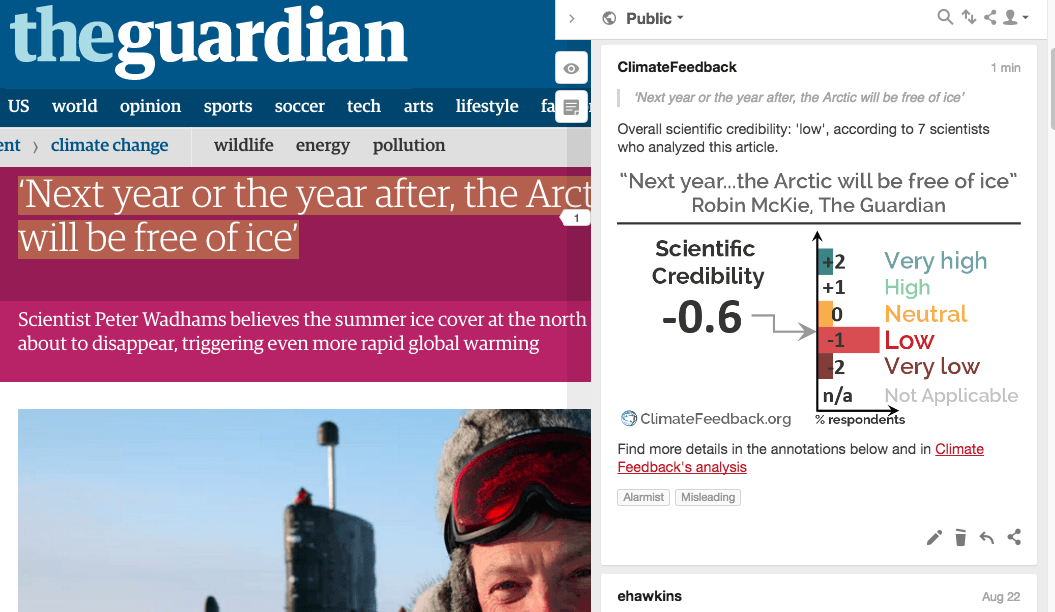
Analysis of "Next year or the year after, the Arctic will be free of ice"
“before propagating a marginal view, one should ensure having a very strong argumentation; in this interview no argumentation is put forward to support Peter Wadhams’ central claim. Wadhams’ alarmism is potentially harmful, because when such spectacular predictions are not realized some people may perceive the whole scientific community or science itself as untrustworthy.”

